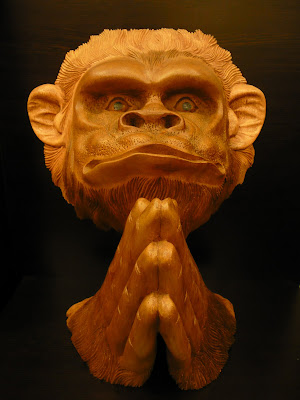There were 3 main elements in the Butterfly & Sword. 流星•蝴蝶•剑 Wuxia story 武侠小说 (see earlier post – 29 Mar). The shooting star 流星 liúxīng represents brilliance, glory but also brevity. The butterfly 蝴蝶 húdié represents beauty, fragility, and romance. The sword 剑 jiàn represents fame, ruthlessness and ambition. Which of the three is temporal? Which of the three is eternal? Maybe, we should instead ask what is beauty? What is brilliance? What is eternity? Is brilliance and eternity the fluttering of the butterfly’s wings? Or the rule of the blood soaked sword?
The comment by reader Choo below explored these themes. The beautiful words are from her, the poor translations are all mine and I took artistic liberty to interpret them the way it appealed to me. Please let us have your comments if you disagree.
江湖恩怨, jiānghú ēnyuàn
政坛风云, zhèngtán fēngyún
The gratitude and enmity of “Jiang Hu”,
Or the turbulence of politics.
是敌或友, shìdí huòyǒu
谁是谁非, shuíshì shuífēi
Whether friends or foes,
Whether right or wrong;
扑朔迷离, pūshuò-mílí
像雾里看花, xiàng wùlǐ kànhuā
难分虚实. nánfēn xūshí
Are all complicated and confusing,
Like looking at flowers through the fog,
Impossible to distinguish with certainty.
剑虽无情, jiànsuī wúqíng
却光芒永恒. què guāngmáng yǒnghéng
Though the sword is heartless,
Is the glory forever?
但江湖儿女私情, dànjiānghú ér-nǚ sīqíng
更为万人所道, gèngwéi wànrén suǒdào
Or will it be the romance
That will be recalled
叫人回肠荡气. jiàorén huícháng dàngqì
And which touches the soul?
Whether in the world of Jiang Hu or in this very real world we lived in, very often we are not in control of the situation we found ourselves in. (Hence, the proverb 人在江湖, 身不由己rénzàijiānghú, shēnbùyóujǐ which was a title of another of 古龙 Gulong’s martial arts novel). But it is how we response to the world we lived in that determines who we are. What will be that wish we will make at the sighting of the falling star?




